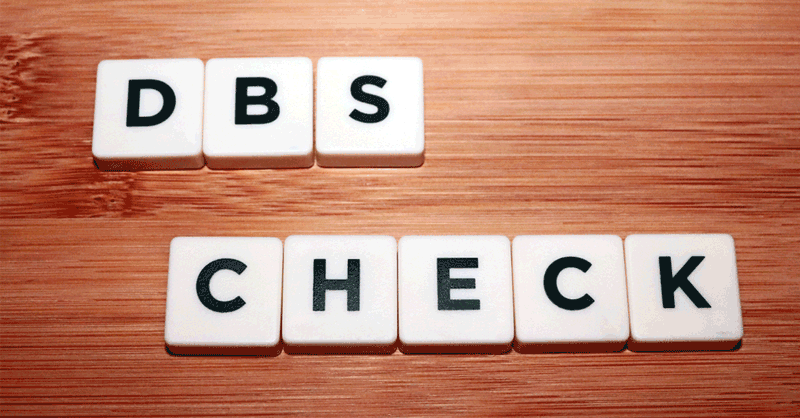how to get a DBS check, When you are about to join your dream job, your employer might require a bit more than just an application from you.
There are a lot of roles that require a regulated work environment. To ensure a safe and sound environment, it is imperative that the people working there are checked and verified.
For workplaces like hospitals and childcares, employees must be deemed fit to even start working there. That’s where the Disclosure and Barring Service check comes in!
A DBS check shows the record of a person to its potential employers. Not only does it help the employer to understand whether you’re fit for the position, but also it’s a legal obligation for many jobs.
But, are you wondering what a DBS check is? No worries, this piece of writing will cover everything you need to know about Disclosure and Barring Service check. It will also inform you of all the processes of a DBS checking.
So, read along to get a clear idea on DBS check and how to get it.


![]() 13 minutes
13 minutes


![]() 13 minutes
13 minutes